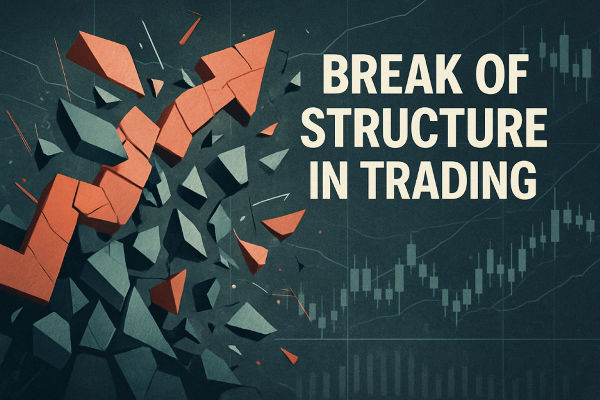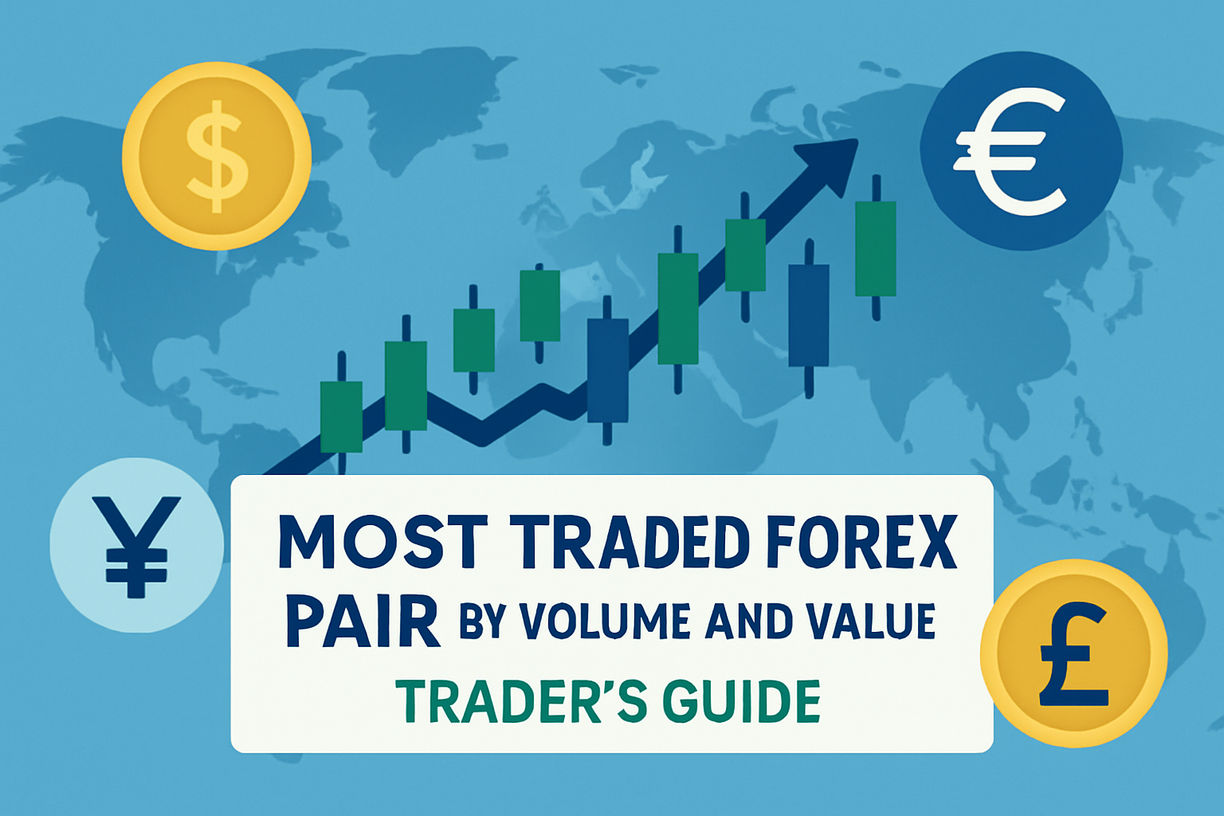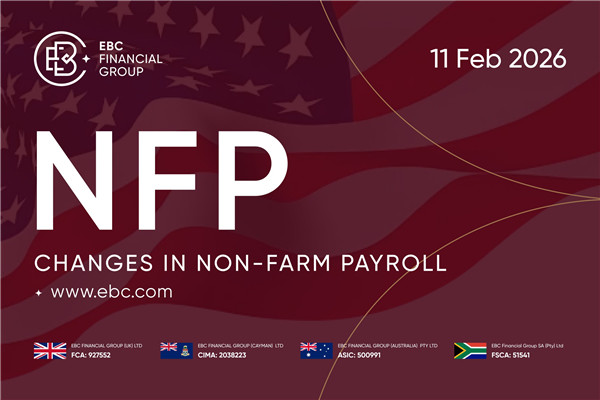Fixed margin refers to the amount of margin that remains unchanged during the
trading period. In the financial market, when engaging in leveraged trading,
traders need to pay a certain proportion of margin as collateral for the
transaction, and the amount of this margin remains unchanged throughout the
entire trading period.

Fixed margin is usually used for derivative trading, such as futures,
options, and contracts for differences. In these transactions, traders need to
provide a certain proportion of margin as collateral for their trading
positions. This can ensure that traders have sufficient funds to bear potential
losses and that exchanges or brokers can recover funds in a timely manner.
Compared to floating margin, the characteristic of fixed margin is that it
will not change due to market price fluctuations during the trading period.
Traders need to pay a certain proportion of their initial margin in accordance
with the rules established by the exchange or broker when entering the market.
This ratio is usually determined based on a fixed ratio of the total value of
the transaction contract.
The advantage of a fixed margin is that traders do not need to frequently
adjust their account funds to meet Margin Requirements. No matter how the market
price fluctuates, traders only need to ensure that the margin is maintained
above the prescribed ratio. This enables traders to better plan and manage their
funds and reduces additional pressure caused by market fluctuations.
The function of fixed margin is to protect the exchange or broker from the
risk of default or inability to perform by traders. If the trader is unable to
meet the loss requirements of the transaction, the exchange or broker can use
the deposit to make up for the loss and ensure the smooth progress of the
transaction. At the same time, fixed margin can also play a role in limiting
traders' excessive leverage in order to prevent traders from causing huge losses
due to excessive risk.
However, a fixed margin also carries certain risks. If the market price
fluctuates significantly, resulting in losses exceeding the fixed margin in the
account, traders may face additional margin requirements; otherwise, they may be
forced to close their positions. Therefore, traders need to carefully evaluate
market risks and ensure that the fixed margin in their accounts can cover
potential loss risks.
Disclaimer: Investment involves risk. The content of this report is not an investment advice and does not constitute any offer or solicitation to offer or recommendation of any investment product.


























